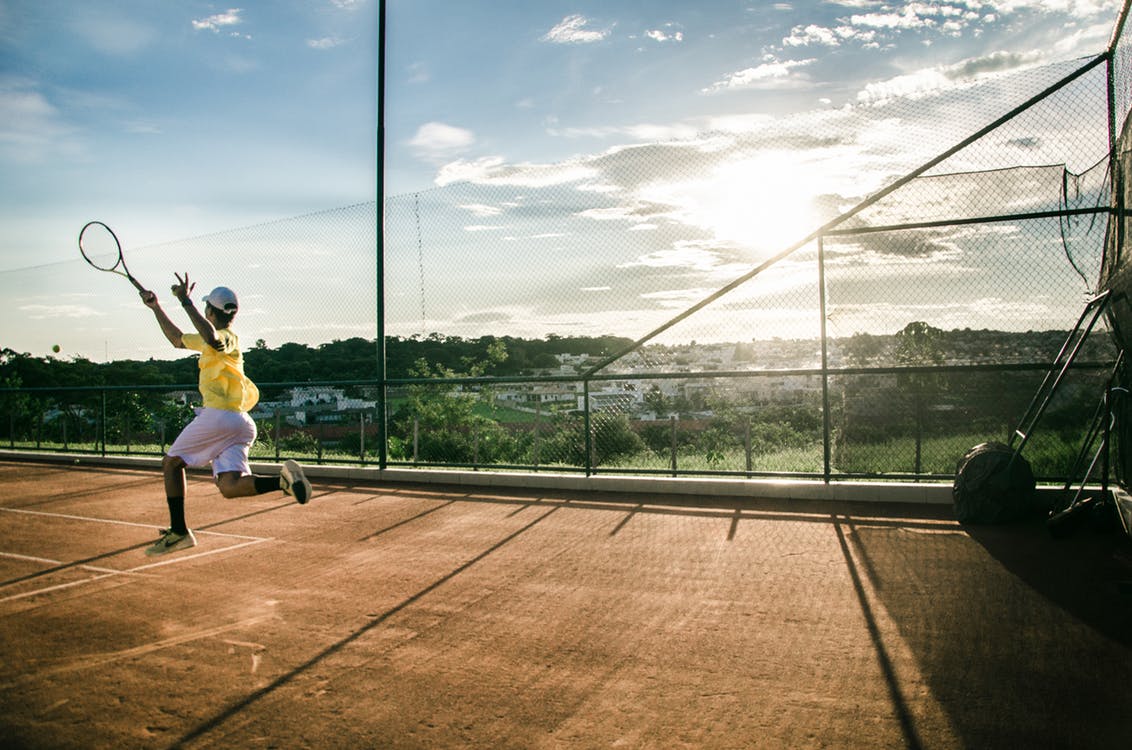The most important game of serve and return that a parent can play has nothing to do with tennis.
As the Harvard University Center on the Developing Child explains, “Serve and return interactions shape brain architecture. When an infant or young child babbles, gestures, or cries, and an adult responds appropriately with eye contact, words, or a hug, neural connections are built and strengthened in the child’s brain that support the development of communication and social skills.”
It continues: “Much like a lively game of tennis, volleyball, or Ping-Pong, this back-and-forth is both fun and capacity-building. When caregivers are sensitive and responsive to a young child’s signals and needs, they provide an environment rich in serve and return experiences.”
The science behind Serve and Return can help parents or caregivers understand not only how the process works, but also why it matters.
Harvard explains: “Because responsive relationships are both expected and essential, their absence is a serious threat to a child’s development and well-being. Healthy brain architecture depends on a sturdy foundation built by appropriate input from a child’s senses and stable, responsive relationships with caring adults. If an adult’s responses to a child are unreliable, inappropriate, or simply absent, the developing architecture of the brain may be disrupted, and subsequent physical, mental, and emotional health may be impaired. The persistent absence of serve and return interaction acts as a “double whammy” for healthy development: not only does the brain not receive the positive stimulation it needs, but the body’s stress response is activated, flooding the developing brain with potentially harmful stress hormones.”
Indeed, the central importance of this activity means that teaching parents about the approach – the benefits and “how-to’s” – can be key to advancing effective childhood learning: “Building the capabilities of adult caregivers can help strengthen the environment of relationships essential to children’s lifelong learning, health, and behavior.”
The post concludes: “Policies and programs that address the needs of adult caregivers and help them to engage in serve and return interactions will in turn help support the healthy development of children.”
The video provides additional explanation:
This post was originally published on January 4, 2018.



